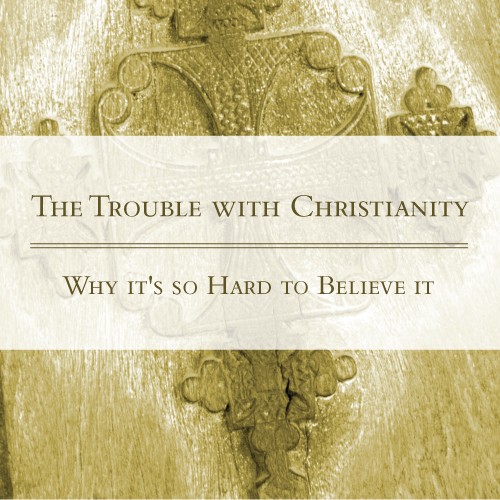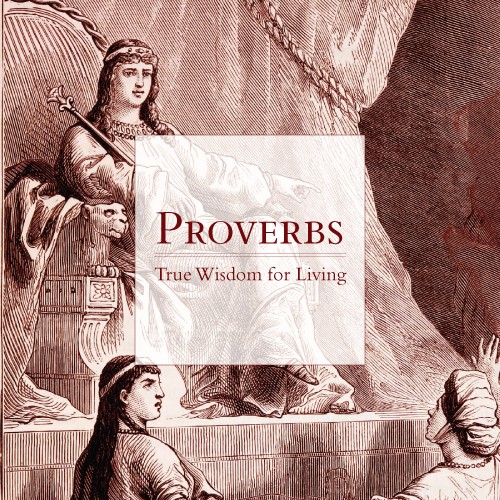
Sermon
Literalism: Isn’t the Bible Historically Unreliable and Regressive?
Tim Keller | November 5, 2006
Overview
Each week we’re choosing one of the things that most trouble people today about Christianity. The problem with Christianity we now come to centers around the Bible. Many people in a place like New York would say this: “There are many good things in the Bible, but you shouldn’t take every word of it literally. There are legends in there. Don’t insist on it being entirely trustworthy and completely authoritative in everything it says.”
What do we say to that? I’d like to argue (to the contrary, of course) that you should trust the Bible. You can and should trust the Bible in three ways: historically, culturally, and, most of all, personally.




